Despite wildly exaggerated claims from animal rights groups, food animal producers are committed to judicious use of antibiotics. They are an important tool, along with proper nutrition and good animal care to ensure healthy animals and a safe food supply.
Antibiotic resistance is very complex and cannot be linked solely to one source of antibiotic use. The most well-known bacterial infections that challenge doctors and healthcare facilities due to their resistance to antibiotics, Staphylococcus infections (MRSA) and Streptococcus pneumoniae, are spread via human to human contact and are not food-borne pathogens.
Salmonella is the most common antibiotic resistant bacteria that can potentially be passed from animals to humans through uncooked meat or poultry. Except in very severe cases, antibiotics are not generally used to treat food-borne illness from salmonella. In addition, salmonella bacteria, whether it is an antibiotic resistant strain or not, is killed with proper handling and cooking of meat. Therefore, a person becoming ill from antibiotic resistant salmonella and not being able to be treated in some way is extremely rare.
Antibiotics approved for use in animals must undergo the same FDA testing as those required for human consumption. Additionally, the meat and milk produced from animals that have been treated with antibiotics is tested to ensure it is safe for human consumption. All milk is strictly screened for antibiotics on farms and in processing plants. In meat and poultry plants, USDA inspectors sample carcasses and organs to ensure no residue violations are found.
Antibiotic use to prevent disease, under the supervision of a veterinarian, is key to minimizing antibiotic use overall. Using low doses of antibiotics to keep animals healthy, especially during critical times like weaning, reduces the use of stronger, medically important ones that must be used to treat them if they are sick.
“Doctors, healthcare workers, antibiotic manufacturers, regulatory agencies, veterinarians and livestock producers have a responsibility to work together to address this issue. Spreading misleading information and unnecessarily alarming consumers hinders their ability to effectively do so. Our foundation is committed to setting the record straight. Producers are doing their part to ensure animal antibiotics are used judiciously.” said David VonTungeln, DVM, third-generation livestock producer, and Secretary of the Oklahoma Farming and Ranching Foundation Board of Directors.
Ultimately, livestock producers are committed to doing the right thing. Not only are they all consumers, but they have a vested interest in preserving the effectiveness of antibiotics for their families and the animals in their care.
